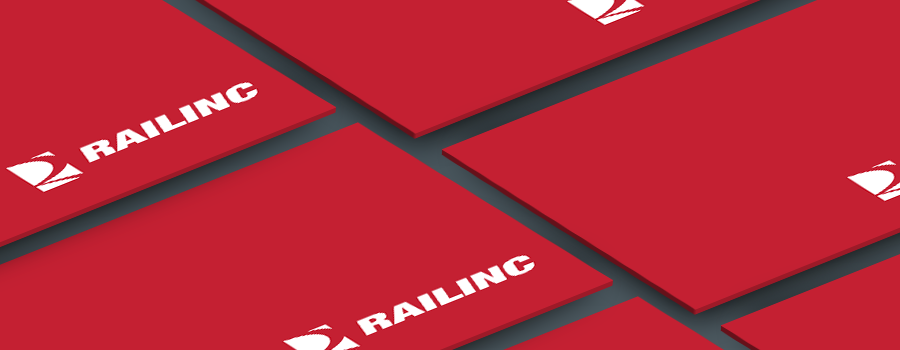
Railinc and Duke University’s Christensen Family Center for Innovation (CFCI) today announced a new collaboration to explore practical innovations that advance freight rail safety and efficiency. The initiative will harness Duke’s Product Lab, a student-led program where teams co-create solutions in rapid sprints with industry partners to deliver prototypes that have both immediate impact and long-term potential.
This partnership aims to solve a common challenge in the rail industry: billing for railcar repairs.
Railcar repairs are governed by hundreds of conditional rules designed to ensure safe operations. However, the complexity of these rules often results in mechanical teams spending significant time referencing lengthy manuals and correcting paperwork errors.
To address this, Railinc developed CarLogix, an intelligent railcar repair application that guides mechanical staff through the repair recording process. CarLogix checks repair records against hundreds of industry rules in real-time, ensuring accuracy and eliminating rework.
Duke students will explore how applying AI, mobile devices, and social media-style technologies could further improve mechanical team efficiency and knowledge sharing. This is especially critical for teams performing minor repairs outside of traditional repair shops, where access to computers is limited.
Allen West, President and CEO of Railinc, said:
“This collaboration with Duke University is about bringing together innovation, academia, and industry to strengthen the rail network. We are excited to partner with students at Duke on this project and look forward to developing solutions that will improve railcar recording and accuracy – a critical need for the freight rail industry.”
Adria Dunbar, Managing Director of the Christensen Family Center for Innovation at Duke University, said:
“At Duke, we believe innovation happens when students, faculty, and industry come together to tackle meaningful, real-world challenges. Collaborating with Railinc brings our mission to life, giving our students the chance to apply their creativity to one of the nation’s most vital industries while also creating solutions that strengthen the communities and workers it touches.”
Anna Wilson, Executive in Residence at the Christensen Family Center for Innovation, added:
“Product development education should be rooted in apprenticeship-style, real-world problem solving. By partnering directly with Railinc, our students gain hands-on experience designing technologies that deliver immediate value—enhancing accuracy, reducing inefficiencies, and helping scale practical tools that rail professionals rely on to run their businesses.”
Beyond initial prototypes, the effort is expected to generate lasting benefits: strengthening the rail workforce, improving compliance, and creating new opportunities for students to contribute to the future of a critical national industry.
